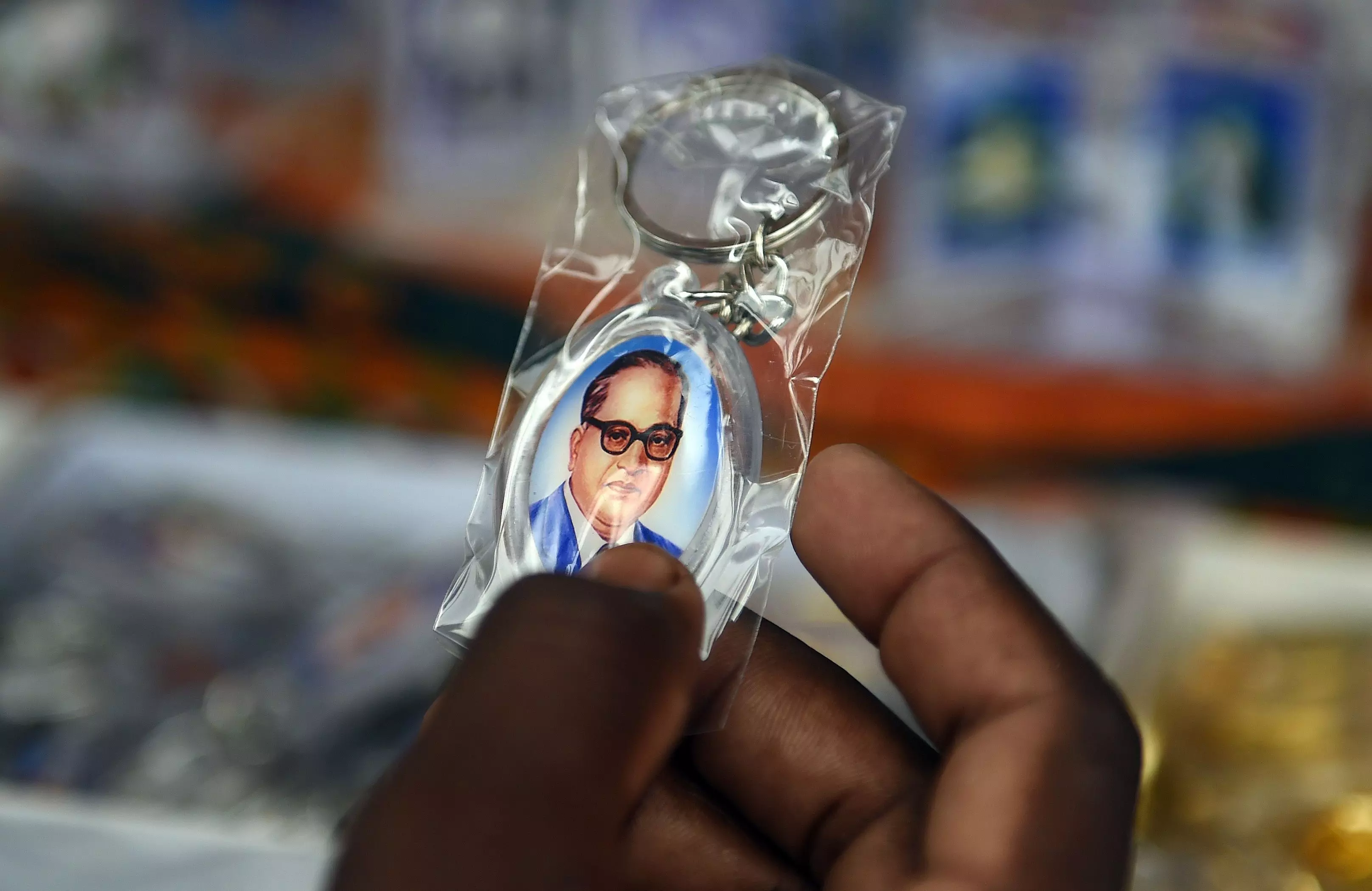Aakar Patel | Middle and upper class need to bring change to India… For, only they can

Let us discuss what is called merit. The British middle class is 60 per cent of the population. The working class, the set of people employed in labour and other blue-collar work, is 14 per cent. In India, what is called the middle class is so small that it is statistically just a blip. Statisticians sometimes speak of a plus-minus two per cent error in numbers. Such an error would wipe out the entire Indian “middle class”. And yet, it is the most dominant and visible set of our population. It is this set that controls the media, which is locked into it because it survives on advertising.
What you and I consume pays the media. So, it is not surprising that the media’s content is focused on us, the three per cent, and not the many. Dalits (23 crores), Adivasis (11 crores) and Muslims (20 crores) make up nearly 40 per cent of India’s population. How much representation do they have in our economy, our political power structure and in our media? An Oxfam study in India, conducted between October 2018 and March 2019, found 106 of 121 newsroom leadership positions were occupied by the upper castes. Three out of every four anchors (among a total of forty anchors in Hindi channels and forty-seven in English channels) of debates are upper caste. Not one was Dalit or Adivasi. News channels drew the majority of their panellists from the upper castes, for over 70 per cent of their primetime debate shows: No more than five per cent of all articles in English newspapers are written by Dalits and Adivasis. Only ten of the 972 articles featuring on the cover pages of the twelve magazines under the study were about issues related to caste. The idea that their rightful places are “stolen” by the Dalit and the Adivasi and that reservations are the undoing of “merit” is universally accepted by India’s elite.
Stories with headlines such as “Over 60 per cent OBC, SC positions vacant in IIMs” clearly debunk this belief. More than 90 per cent of the posts of professor reserved for Adivasis in universities were not filled. Of over 6,000 vacancies in forty-two universities, 75 per cent were those that dealt with reserved categories. Even our institutions of learning where reservation was legally mandated were uncomfortable with Dalit and Adivasi faculty. They need the rest of us to show solidarity with them. This was the issue I touched upon briefly in a talk once at an elite Bengaluru school. The idea that we were privileged and that it was incumbent upon us to recognise that and to act towards it.
If we meant to be good Indians and good patriots, the most important contribution we could make was our own participation in its improvement. We could set aside some of our privilege and give it to those who did not have it. Our Constitution tells us India is a society of equality, liberty and fraternity but it cannot be the responsibility of the government or of political parties to hold these values. They must be held by us, the citizenry. We could cede some of our space to those less fortunate purely because of an accident of birth and willingly give them reservation. This did not go down well at that school. The students were hostile to the idea. They felt they had earned their position in life (“merit”) and their place in the school through their merit. If others had not, this was not their concern. Even the parents were angered by the idea of reservation. There was unanimity among the audience -- and I would call it a consensus -- that reservation was bad and that they, the individuals in this school, were unconnected to any notion of privilege.
I was disappointed, of course, but not surprised. This is who we are as a society. The school could not be expected to be very different from the society which had produced it. Would the audience, and the children in it, especially, have continued to hold their views if they had been better acquainted with the reality of India and with the data? I do not think so. We are all humans and fraternity is at the heart of humanity. If they had known how things really were, they would have a different opinion of other Indians, one arising out of empathy. But a talk is not a book and it is not possible to communicate something of the magnitude of what was being attempted to be communicated in a 30-minute lecture. My intervention was not meaningful: I left the children and their parents knowing nothing more than what they had already known. It is because we have become inured to poverty, deprivation and marginalisation that we can continue to ignore it while still assuming that India will rise to become a great power. The reality is that the vast majority of its population alive today will die in poverty or destitution.
Change will come to India -- it comes to all societies in time. But we can quicken it. Crores will continue to suffer in a nation whose defence spending is four times that of health. Whose arms and weapons spending is five times that of education. Where a bullet train will soon speed past slums.
This prioritisation is the result of the stranglehold that the upper class, us, has on the polity in India. So, it is incumbent on us to try and change it. The most effective way to change our world is by investing time in learning and finding out about the world we live in and communicating and spreading that knowledge to others.
Next Story
